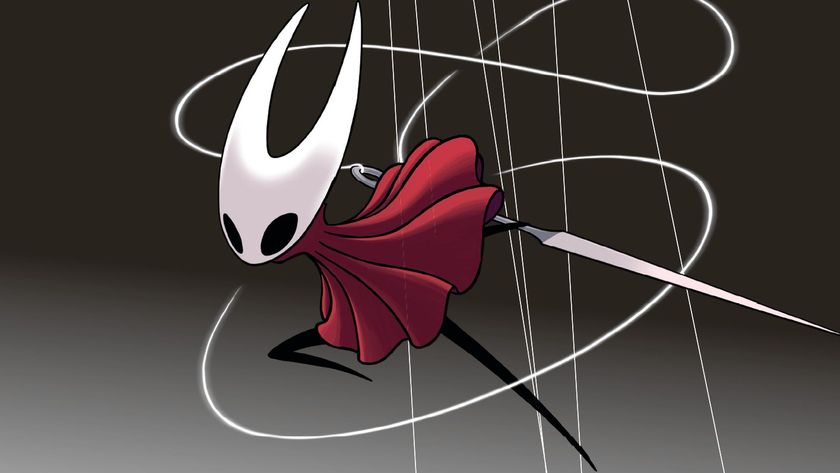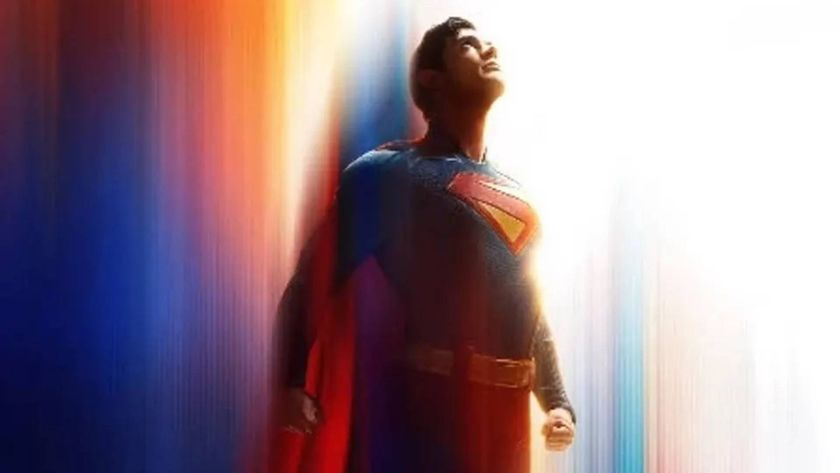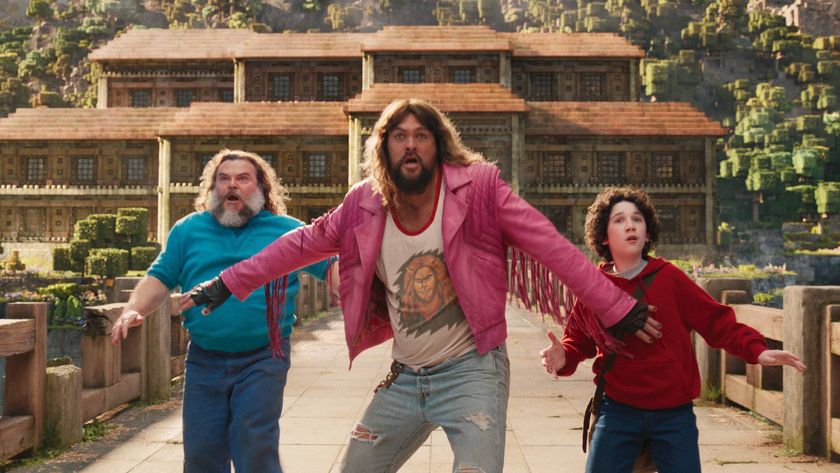Why you can trust 12DOVE
Having played God (twice), was there any more exalted role for Morgan Freeman to take on?
Perhaps only one – that of the most admired and respected (or should that be the only admired and respected?) statesman of our time. And no question – his Nelson Mandela is a towering achievement in a career that’s hardly lacked them.
Though Freeman’s voice is deeper than Mandela’s, he catches the former President’s cadences exactly: that slightly halting rhythm that made you feel Mandela – unlike most politicos – was actually thinking about what he was saying. It’s less an imitation than an incarnation: the warmth, the unpretentious directness, the sense of purpose, the manipulative charm (especially with women), even the hints of mischief are all there. Ten minutes in, you forget you’re watching an actor.
Invictus kicks off with a prologue – that momentous day in February 1990 when Mandela was released after 27 years in jail. We see white teenage boys playing rugby on an impeccably manicured pitch. The camera lifts and pans across the road: black kids a few years younger, playing an exuberant game of soccer on a lumpy patch of wasteland. A motorcade approaches: Mandela, newly released. The black kids crowd the fence, waving and cheering in delight. The white boys also line up on their side, watching in bemused, nervous silence. “This,” sneers their sports teacher bitterly, “is the day our country went to the dogs.”
This opening gives a fair sample of what to expect from Clint Eastwood’s film. It makes its point fast, vividly and without fuss. True, it won’t win points for subtlety, and the camerawork’s no more than functional. But then you don’t come to Eastwood for frills. He has a story to tell, and he concentrates on telling it. Which isn’t to say that Invictus is without its longeurs.
There are times in the mid-section when the action slows to an amble – and if you’re none too keen on watching the crunch-and-grunt of rugby football, be warned that over half an hour of the film’s two-and-a- quarter-hour running time is devoted to said sport, a full 20 minutes of it forming the climax. Because while there are elements of biopic and political drama, in essence Invictus is another entry in that much-loved Hollywood feel-good genre, The Little Team That Could.
Mandela’s resolve is the driving force, but the central story tells how the Springboks, South Africa’s national rugby team, threw off their woeful lack of form and came from behind to combat New Zealand’s all-conquering All Blacks in the 1995 World Cup final in Johannesburg.
So what’s the connection between Mandela and the “game for hooligans played by gentlemen” as one character describes it? Simply this – having been elected president, Mandela seeks causes that can unite his dangerously divided nation. And, facing opposition from his own supporters, he picks the Springboks, an elitist white-boys’ team and loathed symbol of apartheid. His plan, with the help of team captain Francois Pienaar (Matt Damon), is to get the whole country, black and white alike, rooting for the ’Boks.
Even if you don’t already know what happened at that 1995 final (Anthony Peckham’s script is based on John Carlin’s account of events, Playing The Enemy), you won’t have much trouble foreseeing the outcome (decided, natch, in the closing seconds of extra time, with every last streetkid in the townships cheering the ’Boks on). Given such a predictable – even corny – plot trajectory, is the journey worth it? While Freeman’s on screen, it is.
Like the man he’s playing, he exudes charisma, dominating every scene. Damon’s Pienaar seems oddly subdued: even his midmatch morale-boosters to his team pack only mild punches. Strongest support comes from Adjoa Andoh as Mandela’s secretary Brenda, her loyalty tempered by ironic humour, and Tony Kgoroge as his chief of security Jason Tshabalala. The scene where Jason’s obliged to accept into his team a posse of hard-faced goons from the Special Branch, for years his sworn enemies, exerts more tension than any of the rugger matches.
Oh, and that title? It’s a poem by the Victorian writer WE Henley that Mandela sends to Pienaar. “Out of the night that covers me/Black as the Pit from pole to pole/ I thank whatever gods may be/For my unconquerable soul./In the fell clutch of circumstance/I have not flinched nor cried aloud./Under the bludgeonings of chance/My head is bloody, but unbowed…./It matters not how strait the gate,/How charged with punishments the scroll,/I am the master of my fate,/I am the captain of my soul.”
Melodramatic? Sure – but if it helped Mandela get through those 27 years…

As Hollow Knight Silksong makes a blink-and-you'll-miss-it reemergence for Nintendo Switch 2, Xbox reminds everyone the Metroidvania is still day one on Game Pass

Superman's David Corenswet wants DC to adapt the animated show storyline where the Man of Steel switches places with Batman: "That would be fun"

A Minecraft Movie Review: "Jack Black's irrepressible star turn helps elevate this video game adaptation"









